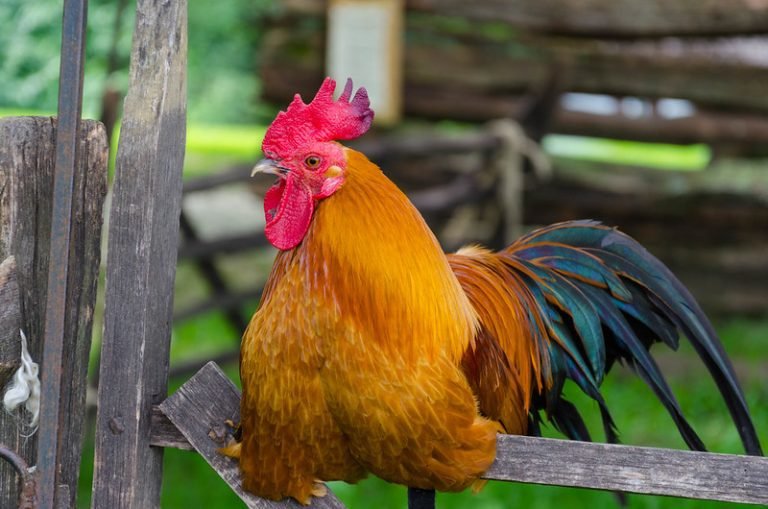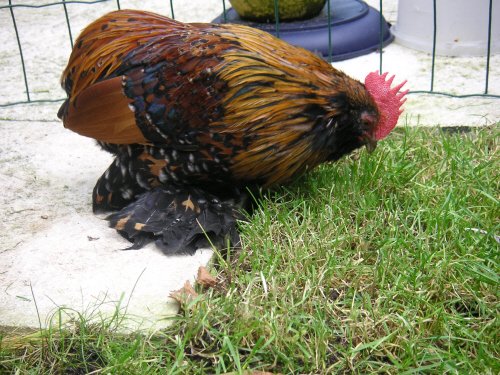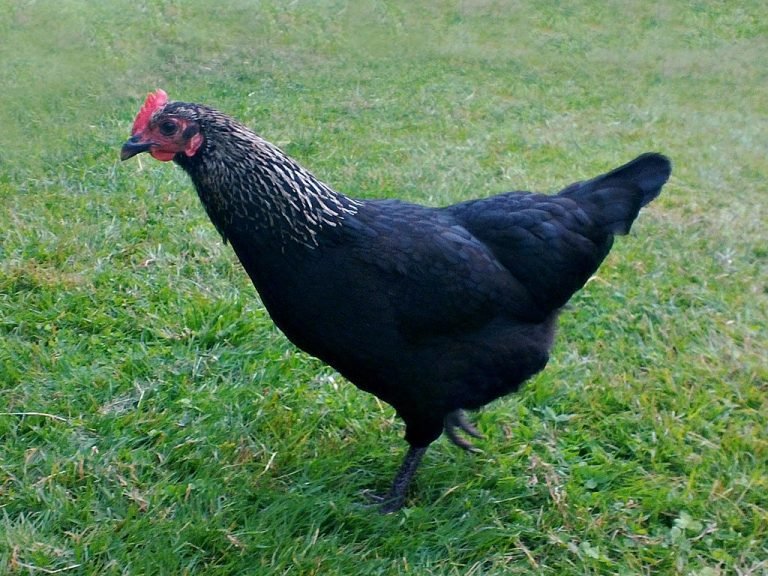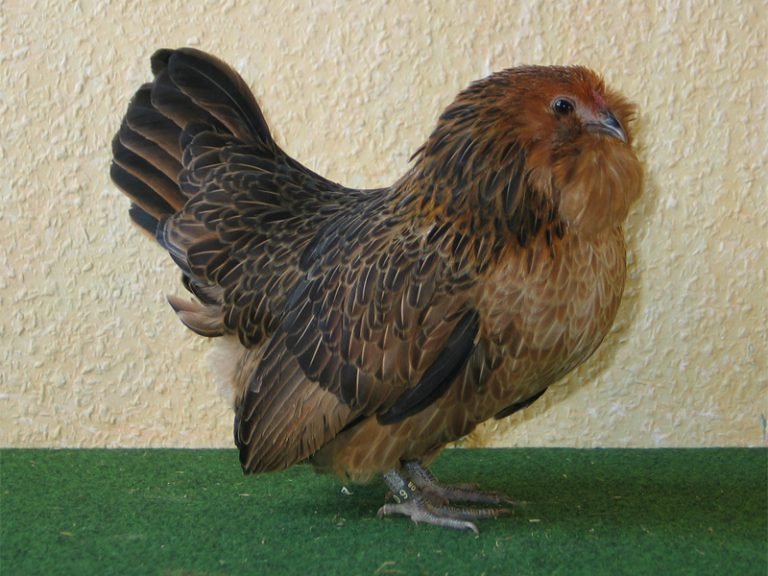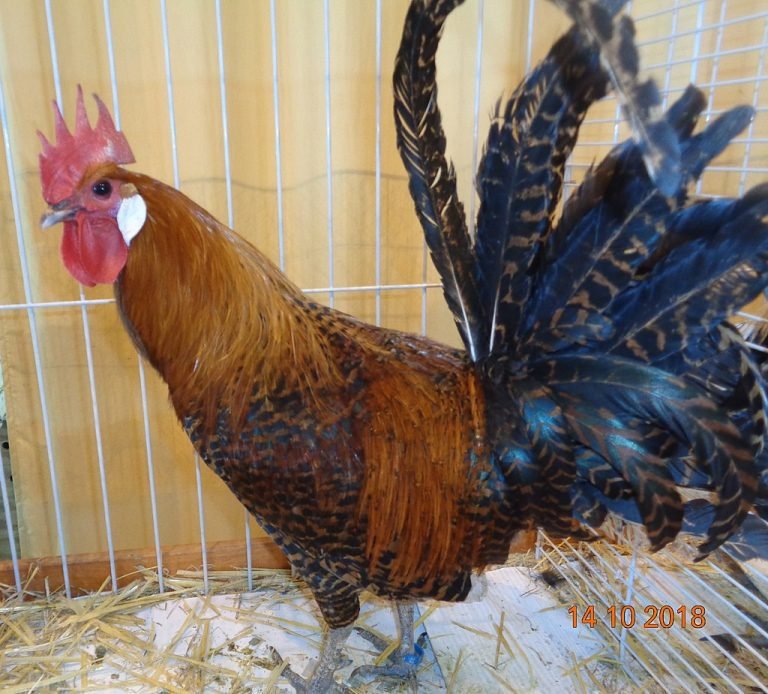Asil chickens are a breed known for their aggressive nature and strong fighting abilities. They have a distinct appearance and originated in South Asia.
Originating in South Asia, Asil chickens are a breed characterized by their aggressive nature and impressive fighting abilities. These birds possess a distinct appearance, which sets them apart from other chicken breeds. Asil chickens have long been valued for their resilience and tenacity, making them popular among cockfighters and poultry enthusiasts alike.
Their muscular build and vigorous personalities make them highly sought after for showing and breeding purposes. We will explore the history, characteristics, and uses of Asil chickens, shedding light on this beloved and unique breed.
History
The history of the Asil chicken breed can be traced back several centuries, originating in the Indian subcontinent. This ancient breed is highly revered for its strength, courage, and majestic appearance. The Asil breed has a rich history intertwined with its use in cockfighting, a popular sport in many parts of the world.
Let’s delve deeper into the fascinating history of the Asil chicken breed:
- Origin: Asil chickens are believed to have originated in the Indian states of Andhra Pradesh and Tamil Nadu. These birds were developed by crossing local Indian chickens with various game birds, resulting in a breed known for its distinctive characteristics.
- Mughal Influence: The Asil breed gained prominence during the reign of the Mughal Empire in the 17th century. The Mughal emperors greatly admired the strength and fighting abilities of the Asil roosters, leading to their widespread popularity among the nobility.
- Spread to Other Regions: As the Mughal Empire expanded, so did the Asil chicken breed. It was introduced to different parts of the world through trade and conquest. The Asil breed made its way to Persia (now Iran), Afghanistan, and Turkey, and eventually reached Europe and the Americas.
- Cockfighting: One of the main reasons behind the Asil breed’s popularity was its natural inclination for cockfighting. Asil roosters are known for their aggressive and fearless nature, making them formidable opponents in the pit. Throughout history, they have been prized for their unmatched fighting skills.
- Cultural Significance: Besides their use in cockfighting, Asil chickens hold cultural significance in many communities. They are featured in traditional folklore, arts, and crafts, symbolizing bravery, valor, and regal beauty.
The history of the Asil chicken breed is a testament to its enduring legacy and the admiration it has garnered over the centuries. Today, these majestic birds continue to captivate enthusiasts with their striking appearance and storied past.
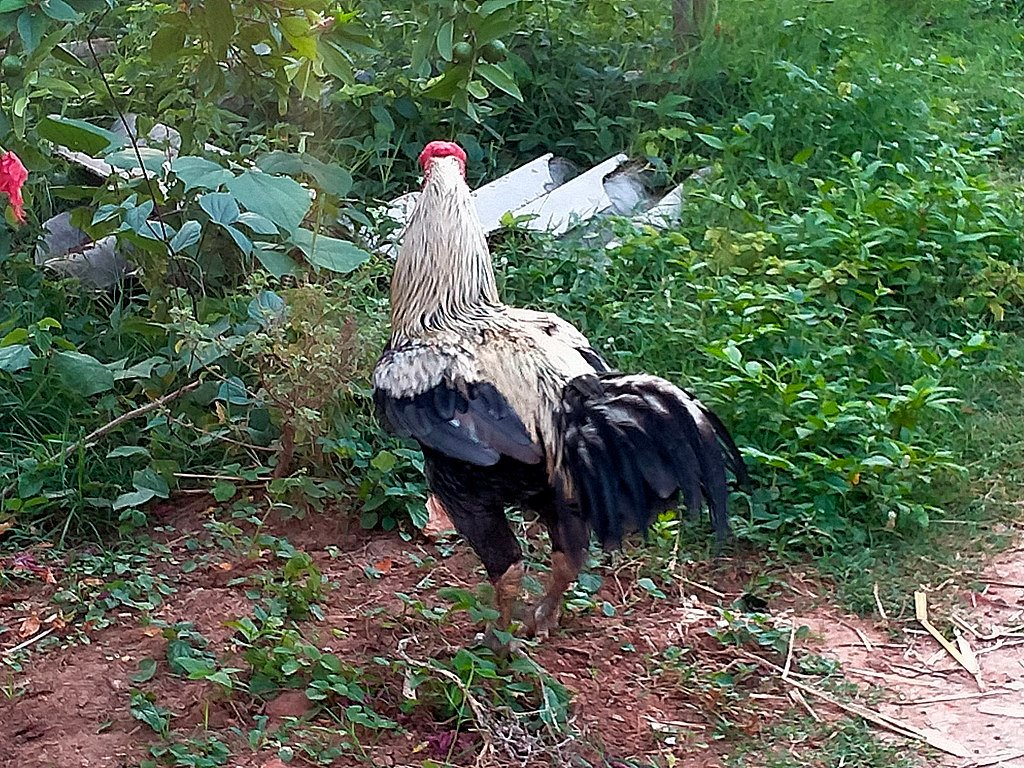
General Characteristics
As we delve into the mesmerizing world of poultry breeds, one that stands out for its elegance and regal appearance is the Asil chicken breed. Known for their distinctive characteristics and historical significance, Asil chickens have captivated people for generations.
In this section, we will explore the general characteristics that make the Asil chicken breed truly remarkable.
Physical Attributes
- Muscular Build: Asil chickens are known for their strong and robust physique, with well-defined muscles that give them an imposing presence.
- Tall Stature: These birds have a relatively tall build, standing proud and tall with an air of authority.
- Feather Colors: Asil chickens exhibit a wide range of feather colors, including black, red, brown, and white, adding to their visual appeal.
- Pea Comb: One of the distinct features of the Asil breed is its unique pea comb, which is small and compact, adding to its neat and tidy appearance.
Temperament
- Fearless and Confident: Asil chickens possess an innate sense of bravery and fearlessness, making them highly protective of their territory.
- Aggressiveness: Due to their fighting heritage, Asil chickens can display a more aggressive temperament compared to other breeds, especially towards unfamiliar birds or intruders.
- Alert and Vigilant: With their heightened sense of awareness, Asil chickens are constantly on guard, making them excellent watchdogs for your flock.
Unique Traits
- Gamefowl Heritage: Asil chickens are descendants of the ancient gamefowl breeds, renowned for their strength, endurance, and ability in cockfighting.
- Heritage Breed: Asil chickens have a long and storied history, tracing back thousands of years to their origins in South Asia, specifically India and Pakistan.
- Ornamental Value: Beyond their formidable nature, Asil chickens are also highly valued for their ornamental purposes, often sought after for their majestic appearance in exhibition shows.
- Good Egg Layers: Despite their reputation as fierce game birds, Asil hens are still proficient egg layers, providing a steady supply of eggs throughout the year.
The Asil chicken breed is a fascinating combination of strength, beauty, and historical significance. With their unique physical attributes, distinct temperament, and valuable traits, Asil chickens have undeniably earned their place as one of the most captivating and sought-after chicken breeds in the world.
Whether you are interested in their heritage, and ornamental value, or simply appreciate their regal presence, Asil chickens are sure to leave a lasting impression.
Temperament
The temperament of Asil chickens is known for its aggressive and strong-willed nature, making this breed ideal for cockfighting enthusiasts. With their fearless and dominant characteristics, Asil chickens showcase their heritage as one of the oldest game breeds in the world.
Asil chickens are known for their unique temperament. Here are some key characteristics that set them apart:
- Assertive: Asil chickens exhibit a confident and assertive nature. They are not easily intimidated and can be quite dominant in their interactions with other chickens.
- Brave: These birds are fearless and courageous, making them excellent protectors of their flock. They have a natural instinct to defend themselves and their territory, which can make them less prone to bullying or attacks from predators.
- Active: Asil chickens are highly active and energetic. They are constantly on the move, exploring their surroundings and foraging for food. Their active nature can make them entertaining to watch and a joy to have in your backyard.
- Independent: Unlike some other chicken breeds, Asil chickens tend to be independent and self-reliant. They are capable of finding their own food and water, and they require minimal supervision. This independent streak may make them less demanding in terms of care and attention.
- Curious: Asil chickens are curious creatures and always seem to be investigating their surroundings. They are known to be excellent foragers, eagerly searching for insects, worms, and other treats. Their curiosity and foraging abilities make them a valuable addition to any homestead or farm.
- Confident: These chickens have a natural confidence that is evident in their demeanor. They carry themselves with a self-assurance that can be attributed to their long history as fighting birds. This confidence adds to their unique charm and appeal.
The temperament of Asil chickens is characterized by their assertiveness, bravery, activity, independence, curiosity, and confidence. These attributes make them a fascinating breed to observe and a valuable addition to any flock. Their unique temperament sets them apart from other chicken breeds and makes them a standout choice for poultry enthusiasts.
Comb Types
If you’re considering raising Asil chickens, it’s important to understand the various comb types these birds can have. The comb, located on top of their heads, not only adds to their aesthetic appeal but also serves functional purposes. Let’s explore the different comb types found in Asil chickens:
Single Comb
- This is the most common comb type in Asil chickens.
- It features a single row of evenly spaced, upright points.
- The single comb is typically larger in males than in females.
- Asil chickens with single combs are well-suited to various climates.
Pea Comb
- The pea comb is characterized by three distinct rows of small bumps or points.
- This comb type is less prone to frostbite and helps regulate body temperature in cold weather.
- Pea combs are often found in Asil chickens bred for regions with harsh winters.
Cushion Comb
- The cushion comb is rounded and densely packed with small rounded points.
- This comb type offers excellent protection against frostbite and extremely cold temperatures.
- Asil chickens with cushion combs are commonly seen in colder regions.
Dubbed Comb
- In some cases, Asil chickens may have their combs removed or modified through a process called dubbing.
- Dubbing involves the removal of the comb, leaving a smooth, flat area on top of the bird’s head.
- This procedure is typically done to minimize potential injuries during fights among gamefowl.
- Dubbed combs do not serve functional purposes but are purely a cosmetic alteration.
Understanding the different comb types in Asil chickens can help you choose the right breed for your specific climate and aesthetic preferences. Whether you prefer the traditional single comb, the cold-resistant pea comb, or the frostbite-proof cushion comb, there’s an option that suits your needs.
Remember, dubbing is a practice specific to gamefowl enthusiasts and not a natural comb variation.
Conclusion
Overall, the Asil chicken breed is a fascinating choice for poultry enthusiasts looking to add a touch of exotic elegance to their flocks. With its impressive history, unique physical characteristics, and strong genetic traits, the Asil breed embodies both beauty and resilience.
From its tall, proud stance to its striking plumage and dignified demeanor, this breed captivates both the eye and the imagination. Beyond its aesthetic appeal, the Asil chicken offers many benefits to its owners, including exceptional meat quality, potent genetic diversity, and a rich cultural heritage.
Whether you are a dedicated poultry breeder or simply someone seeking a visually stunning addition to your backyard flock, the Asil breed has much to offer. With proper care and attention, these regal birds will undoubtedly leave a lasting impression on your poultry-keeping journey.
So why not embrace the allure of the Asil chicken breed and embark on an exciting adventure filled with tradition, beauty, and a touch of majestic charm?

